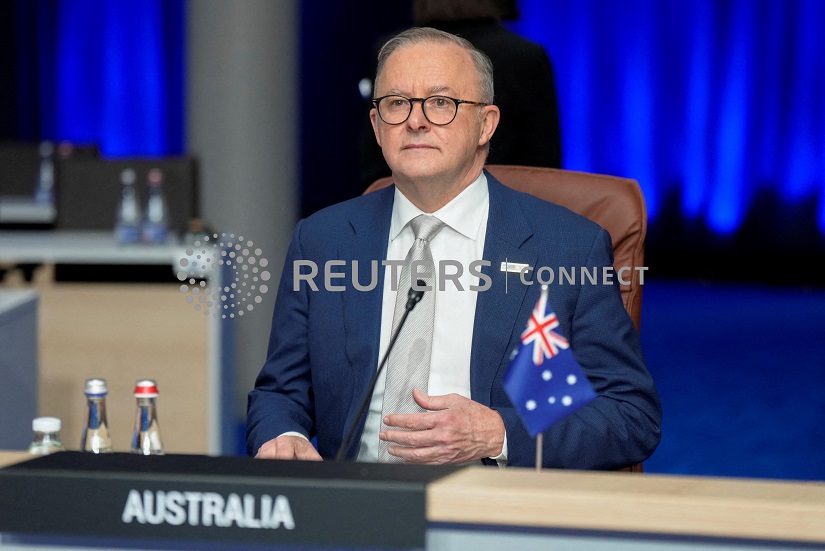Australia will commit approximately $400million over five years to ensure the Pacific Policing Initiative (PPI), delivers on the aspirations of Pacific countries, says Prime Minister Anthony Albanese.
Mr Albanese arrived in Tonga on Tuesday night and joined other Pacific leaders yesterday to endorse the PPI, a major regional initiative to strengthen collective peace and security throughout the Pacific.
The PPI will boost the capability of Pacific nations to meet law and order and internal security requirements and to support each other in times of need.
“This policing initiative continues a long history of Pacific police forces working together to strengthen regional peace and security, and to support each other in times of need,” he said.
“Pacific leaders are working together to shape the future we want to see – improving capability, cooperation and interoperability among Pacific police forces benefits all Pacific countries and the security of our communities.
“This is a Pacific-led, Australia-backed initiative, harnessing our collective strengths. We are stronger together.”
According to Mr Albanese the PPI will have three pillars including up to four regional police training Centres of Excellence, located in the Pacific, to enhance policing capabilities through specialist training and operational support for Pacific police personnel.
Secondly, the Pacific Police Support Group (PPSG) – a multi-country police capability, with a ready pool of trained Pacific police to deploy in response to Pacific country requirements, such as for major event management or additional capacity in times of crisis and lastly a PPI Policing Development and Coordination Hub to be hosted in Brisbane – including access to state-of-the-art AFP facilities for training and to prepare for any PPSG deployments.
He said Australia’s contribution would include infrastructure costs associated with new policing Centres of Excellence in the region.
The PPI is a practical contribution to the Pacific Islands Forum’s peace and security vision outlined in the 2050 Strategy for the Blue Pacific Continent and it builds on the recent experience of the Solomon Islands International Assistance Force.
Discussions on an integrated regional policing capability were first held at the Pacific Islands Chiefs of Police meeting in 2023.

